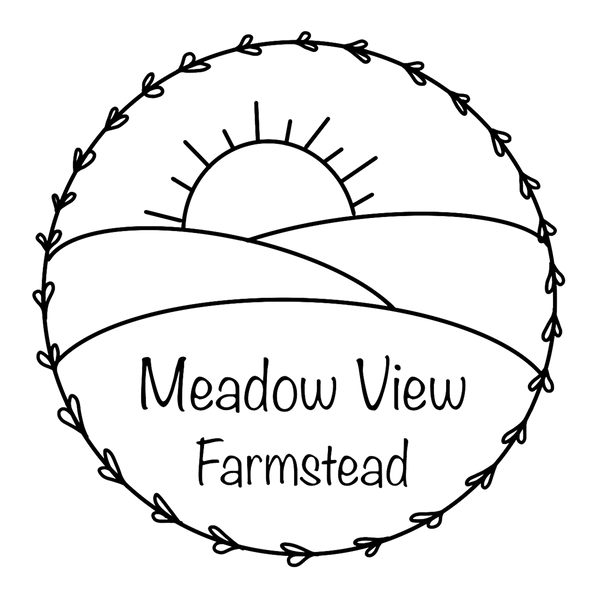Herbal medicine has been a cornerstone of human health and healing for thousands of years! Here are some fun facts about the origins and evolution of herbal remedies across different cultures...
Ancient Roots in Mesopotamia
The earliest recorded use of herbal medicine dates back to ancient Mesopotamia (around 5000 BC). The Sumerians, who lived in what is now modern-day Iraq, documented over 250 plants and their medicinal uses on clay tablets. They used herbs like myrrh and frankincense for their anti-inflammatory and antiseptic properties.
Egyptian Wisdom
The ancient Egyptians, renowned for their advanced knowledge, used herbs extensively in their medical practices. The Ebers Papyrus, one of the oldest medical texts from around 1550 BC, details over 700 plant-based treatments. Chamomile, for instance, was used for its soothing effects and garlic was valued for its antimicrobial properties.
Greek and Roman Influence
Greek physician Hippocrates, often called the "Father of Medicine," wrote about the use of herbs in treating illnesses around 400 BC. His writings emphasized the healing properties of plants like garlic, mint and fennel. The Roman scholar Pliny the Elder continued this tradition, cataloging herbal knowledge in his monumental work, Natural History.
Traditional Chinese Medicine (TCM)
In China, herbal medicine has been an integral part of healthcare for over 2,000 years. The Shennong Ben Cao Jing, attributed to the legendary Emperor Shennong around 200 AD, is one of the earliest herbal texts. It classified herbs into categories based on their therapeutic effects, many of which are still used in modern TCM.
Indigenous Wisdom
Indigenous cultures around the world have long relied on herbal remedies for their health needs. Native American tribes used a rich variety of herbs, such as echinacea for immune support and sage for purification. Similarly, traditional African medicine incorporates local herbs like rooibos and moringa for their health benefits.
Medieval Europe
During the Middle Ages, herbal medicine was often practiced by monks in monasteries. They cultivated medicinal gardens and compiled herbals or plant guides, which detailed the uses of various herbs. Many of these texts preserved ancient knowledge and contributed to the development of modern herbal medicine.
Renaissance Revival
The Renaissance era saw a revival in the study of herbal medicine. Botanists like Nicholas Culpeper published comprehensive herbals that combined scientific knowledge with practical applications. Culpeper's Complete Herbal (1653) is still referenced today for its detailed descriptions of medicinal plants.
Herbal medicine has a rich and diverse history, showcasing the ingenuity and resourcefulness of various cultures throughout time. From ancient tablets to modern practices, herbs have played a crucial role in human health and wellness.


